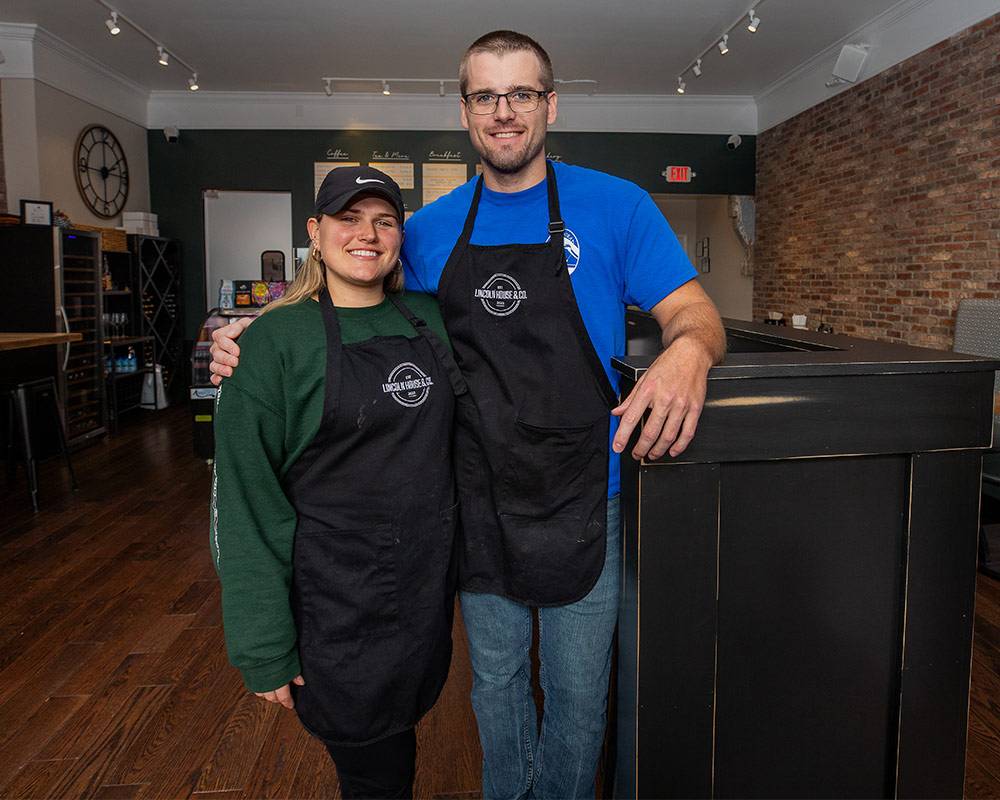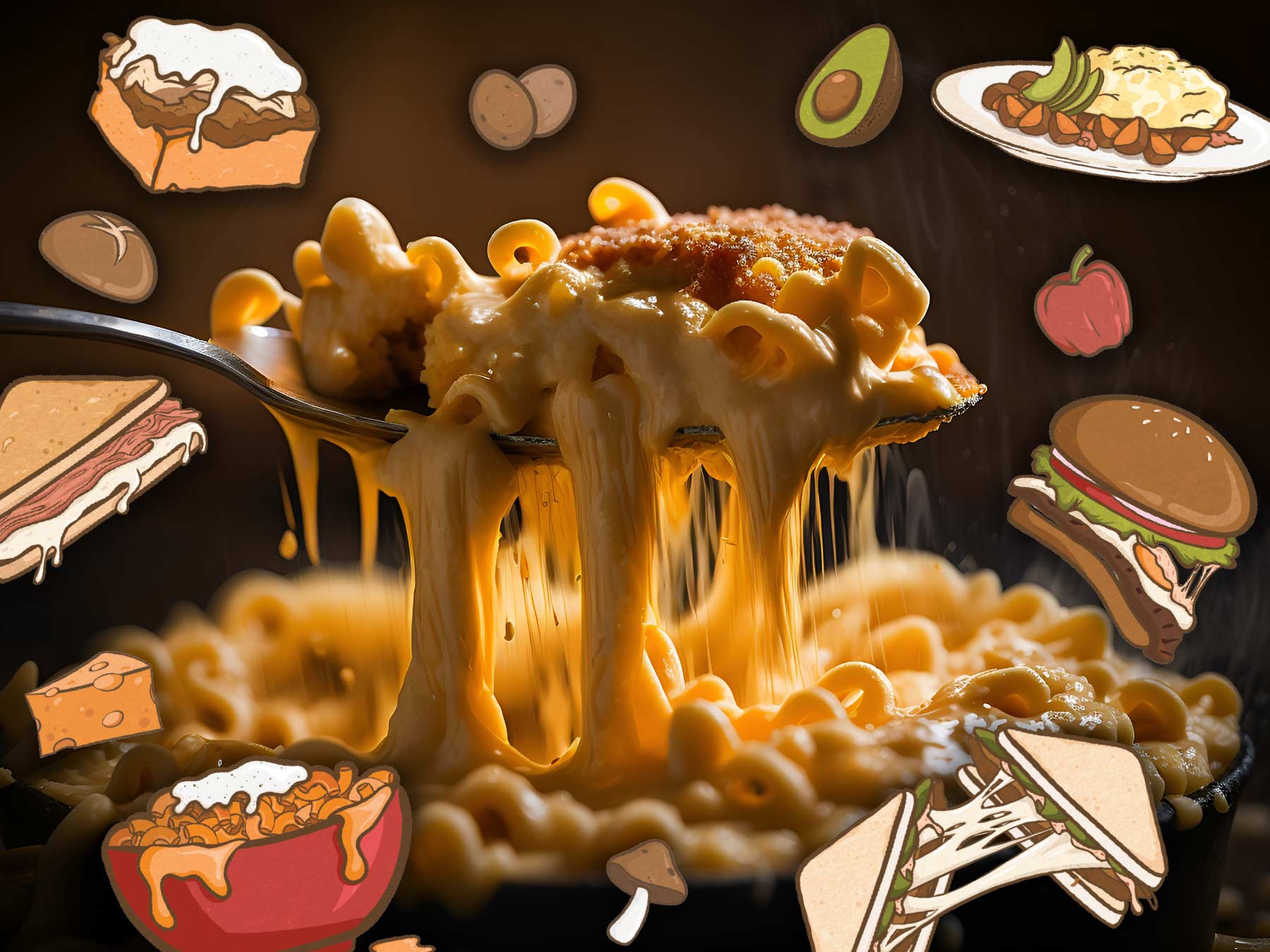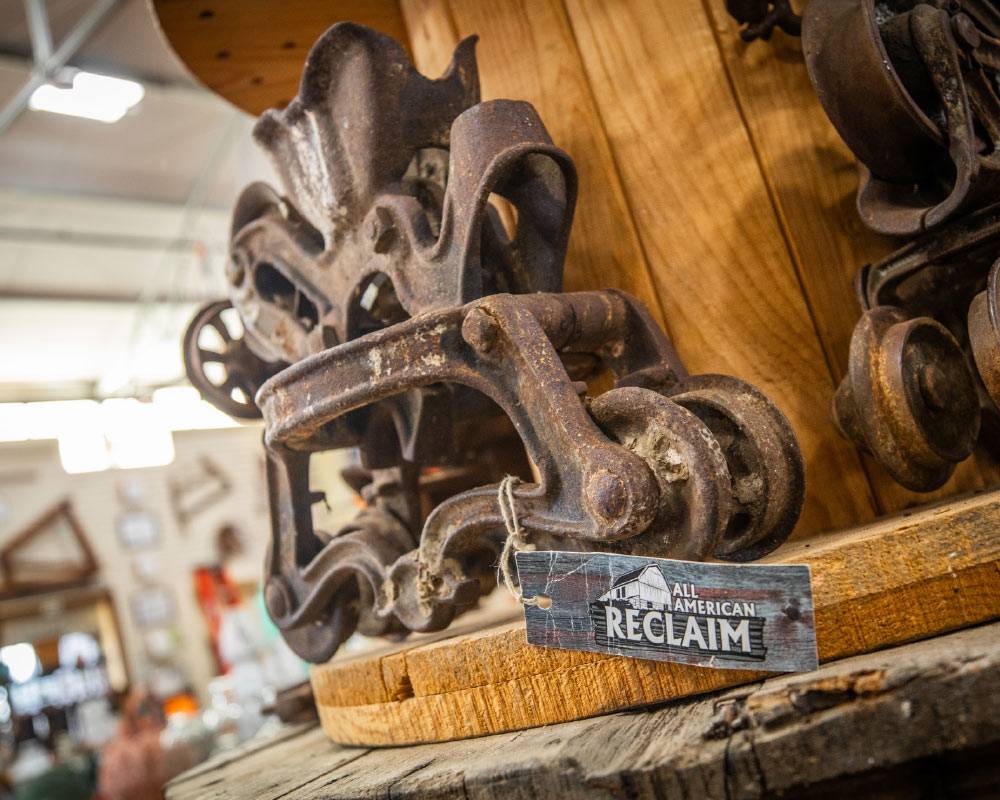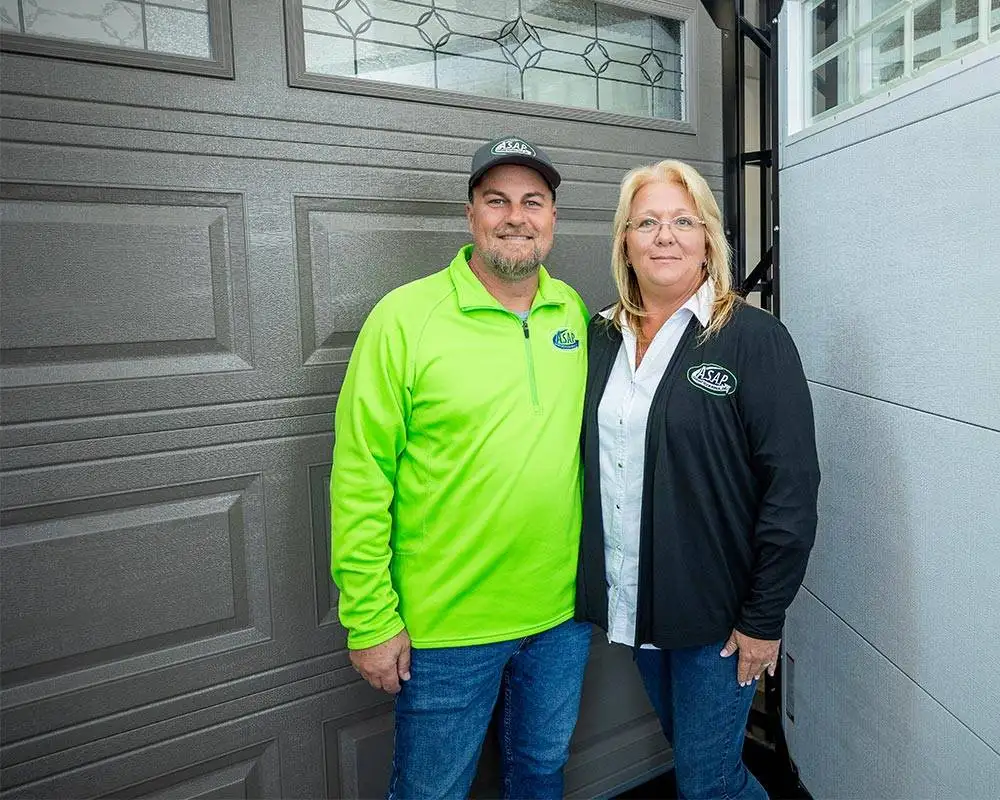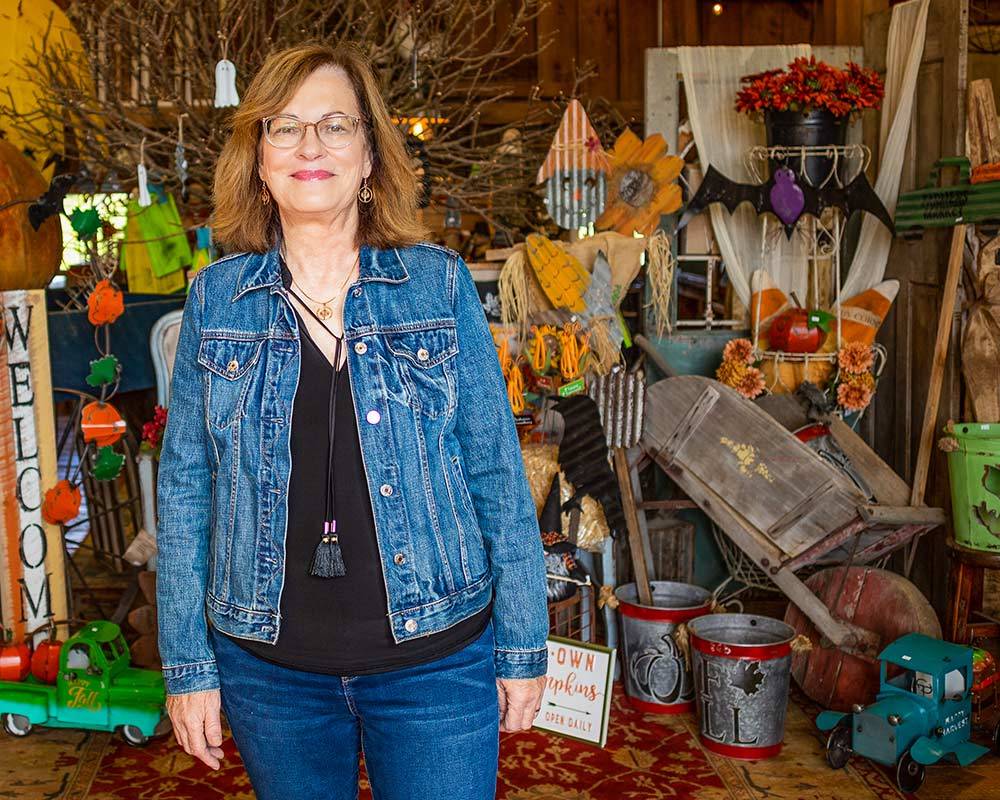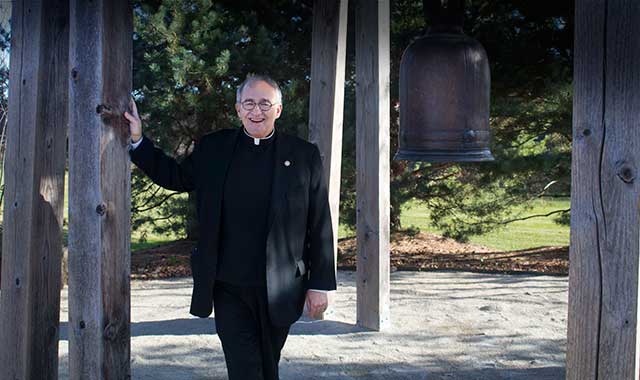This Episcopal priest has made a long career of helping people to recover from their addictions. With a background in counseling, this Barrington Hills resident embraces a different way of serving others this season.

The Rev. Jim Swarthout uses his bald head to help people with addictions.
The 62-year-old tells people it wasn’t his fault that baldness runs in his family. In the same way, an addiction isn’t your fault; it’s most likely hereditary.
Swarthout serves as the clergy community director for Rockford-based Rosecrance Health Network, a provider of behavioral health, intervention and treatment for people with addictions. The group, which has 45 sites in Illinois, Iowa and Wisconsin, celebrated its 100th anniversary this year.
Known to many as “Father Jim,” Swarthout is an Episcopal priest who began his career in the Catholic church 30 years ago. He’s the only clergyman in the country who is a certified intervention specialist. The Barrington Hills resident often preaches at area churches, where he talks about addiction and mental health issues.
An active community servant, Swarthout also helped to launch the National Diaper Bank Network, which has distributed nearly 98 million diapers across the country.
No matter where he serves, Swarthout remains committed to sharing his gifts with the people around him.
“I found people who lived through painful times in their lives,” Swarthout says. “They lived in Hell, but they also found Heaven on Earth.”
What inspired you to work with people who have addictions?
I don’t think it was my choice; it was my calling. I want to give away a new life, and when you have something that you know is honorable and wonderful, you need to give it away. I think I was chosen to work with people who have addictions and behavioral health issues. I don’t know why I was chosen, and I don’t want to know. When you have an answer, you stop looking. I like the journey more than the answer.
What’s the most interesting part of your job?
To give people hope and joy. The greatest therapy we can offer people is joy, and that, to me, is the greatest calling in my life. A guy came up to me when I was at a funeral, and he said, ‘Father Jim, thank you for saving my life.’ I told him, ‘I didn’t save your life. You saved your life. I just invited you into that possibility.’ We both started crying. Moments like this happen all the time.
What kind of training do you need for this line of work?
There are degrees, but in order to be in this field, you have to have an open mind to seeing something new, a compassionate heart to walk with people, and more importantly, you need to have an imaginative spirit. You have to have the passion for your work because you will see people fall time and time again. Our role is help them back up. I have a master’s degree in social work and I have an advanced addictions license in counseling. That’s important, but you need to have a sense of passion and compassion.
How do you start the conversation with someone who has an addiction?
Welcome to the world. We all have obsessions and we do things we don’t want to do. When I visit with an alcoholic or someone with annother addiction, I ask them a question: Have there been addiction or behavioral health issues in your family in past generations? They’ll say, ‘Yes, my dad, mom, or grandpa were alcoholics.’ I’ll tell them they’ve got the family cold and it’s not their fault. Take the guilt and shame away, because you just received the genetic inheritance. We open up the door for them to begin treatment.
How can families and friends help an addicted loved one during the holiday season?
I believe it goes from humbug to hallelujah. You have a right to have joy during the Christmas season. The Christmas season can also be dark, as well. Christmas is a difficult time of year for many people. My family has lost people who’ve died this past year and were with us last Christmas. We have to live with their loss. Our theme at Rosecrance is, ‘Life is Waiting.’ It’s all about finding joy. We can never attain joy, consolation, peace, forgiveness, love and understanding by actively pursuing them. We attain them by giving them out. In a way, we share what God has given us. Joy will come to us if we set about actively trying to create it for others.
You’ve also helped to found a diaper bank through St. Paul’s Episcopal Church in McHenry. How does the bank work?
About nine years ago, a young lady at our parish food pantry had an infant with a full diaper. I told her I had some diapers for this sort of emergency, and we had some in stock at the food pantry. She told me she could only afford two diapers a day. She would clean off the diaper and put it back on her infant.
I went to Google, and I saw diaper banks in Connecticut and Phoenix where folks were donating diapers that could be distributed to social service agencies. I brought the idea to a group of local clergy and we studied the concept.
With the help of Kimberly Clark, the owner of Huggies, we had a diaper bank summit nine years ago and the concept grew from there. We serve low-income families, people with disabilities and the elderly. Our role is to distribute the diapers through local agencies. Last year, the diaper bank distributed more than 300,000 diapers. The first year, we distributed maybe 40,000. It broke barriers between churches, congregations and parishes.
The diaper bank has now expanded to more than 300 locations throughout the country.













